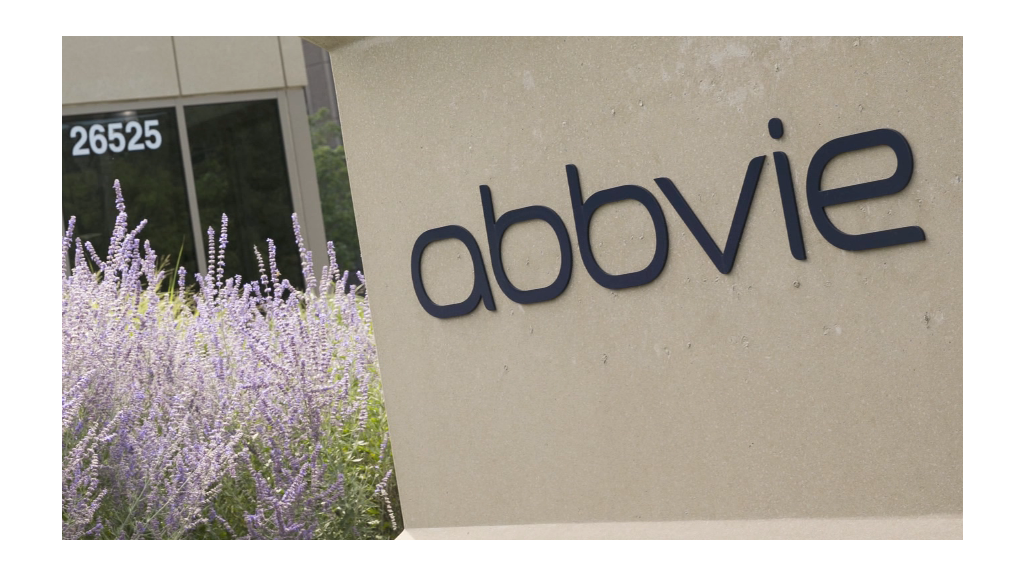
The board of American drug company AbbVie is walking away from its merger with U.K. rival Shire, making the $55 billion deal the first casualty of the Obama Administration's crackdown on companies seeking to lower their tax bills.
AbbVie's board is recommending shareholders reject the merger because of changes in tax regulations, the company said in a statement.
"The agreed upon valuation is no longer supported as a result of the changes to the tax rules," AbbVie said. "We did not believe it was in the best interests of our stockholders to proceed."
The announcement comes only one day after AbbVie said it planned to reconsider its recommendation that shareholders adopt the merger with Shire. AbbVie stands to pay a $1.6 billion break-up free if the deal with Shire falls apart -- now a near certainty.
Shire shares plunged as much as 14% in early London trading Thursday.
The merger, announced in July, would have seen AbbVie move its headquarters outside the U.S. in order to secure lower tax rates. Once the deal cleared, AbbVie was poised to cut its effective tax rate to about 13% in 2016 from 26%.
Related: Lew: Stop firms moving abroad to dodge tax
U.S. companies can't simply relocate to nations with lower tax rates to avoid U.S. corporate taxes. To get the lower foreign tax rate, they must use a process known as "inversion," in which a merger leads to a foreign partner owning more than 20% of the stock in the combined company.
Inversions have been all the rage lately, with companies including Burger King seeking to execute the maneuver.
The U.S. Treasury announced its "first, targeted steps" last month designed to make inversions less attractive. The rules target loopholes, including one tactic to move U.S. earnings abroad by making a loan to its foreign parent company in efforts to avoid taxes. Under the new regulations, those loans will be treated as U.S. property and will be taxable in many instances.


